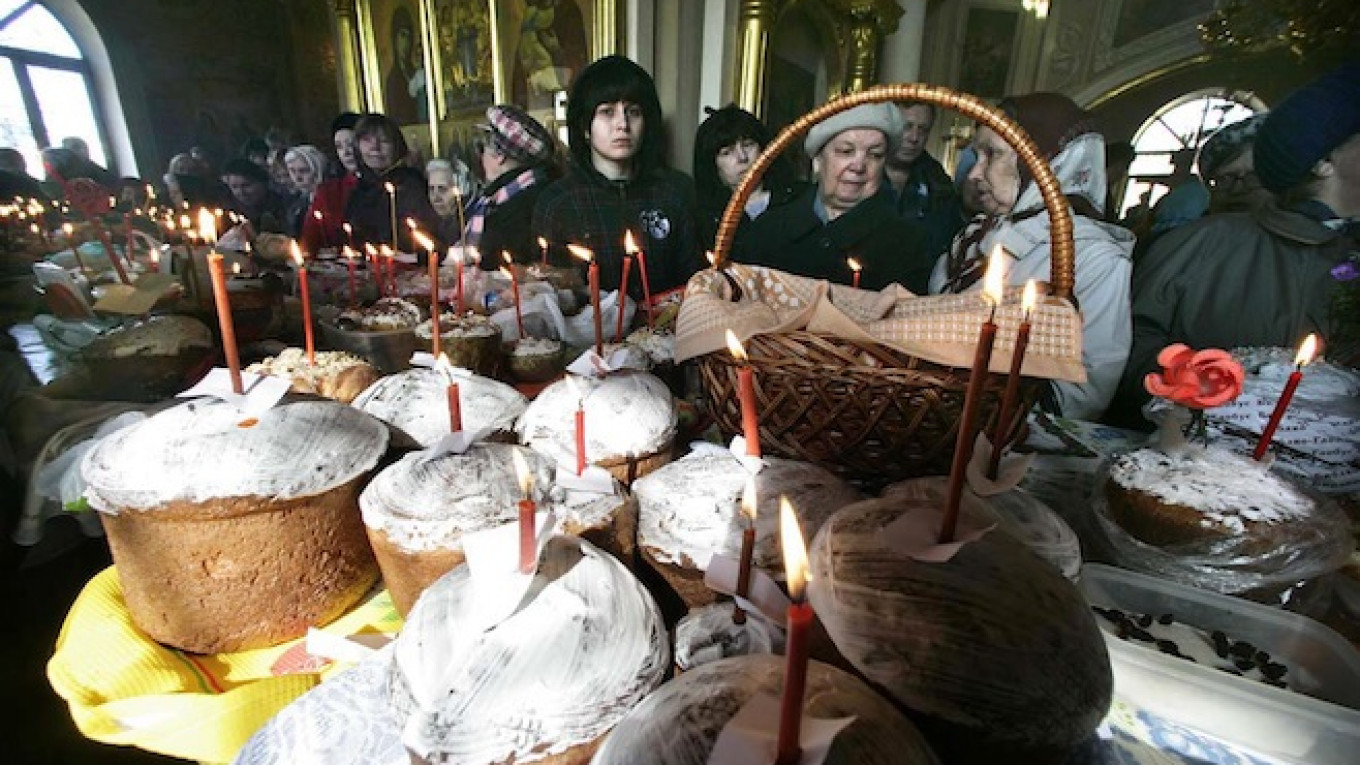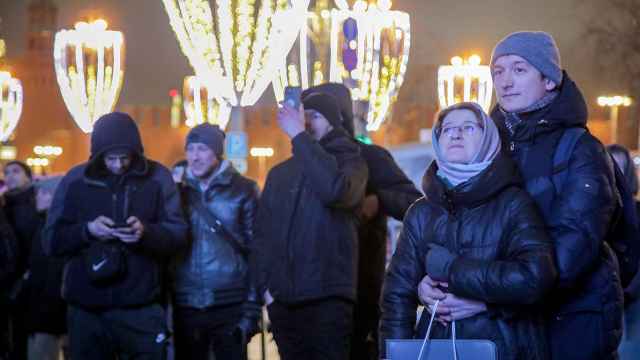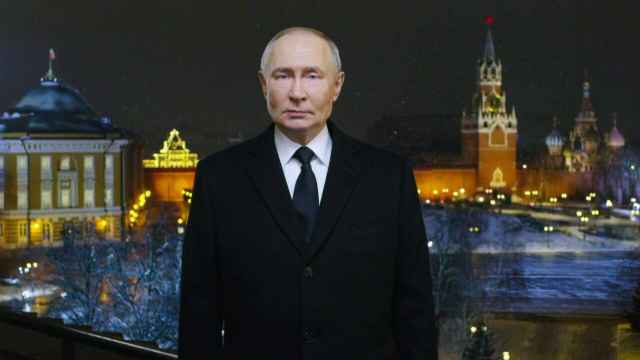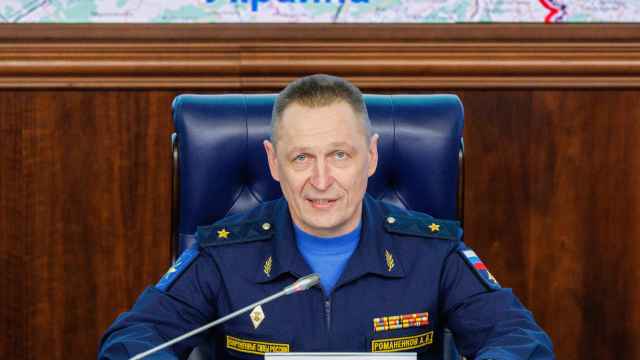Supermarkets in Moscow can expect see a surge in demand for eggs and the traditional Easter cake called kulich ahead of celebrations marking the Orthodox religious holiday next weekend, a news report said.
Muscovites will buy about 100 million eggs ahead of Easter, said Alexei Nemeryuk, head of the city's department of trade and services, according to the Interfax news agency. As in other parts of the world, eggs are painted and used as decorative objects during Easter celebrations in Russia.
Kulich, a type of Easter cake that is common in the Orthodox countries of Eastern Europe, will also be in demand during the upcoming holiday. Nemeryuk estimated that 800 tons of the cake would fly off the shelves before next Sunday. More than 20 types of kulich would be available in sizes ranging from 100 grams to 1 kilogram. A further 30,000 people will be given free Easter cake under a charitable initiative to help needy families and veterans, Nemeryuk added in the report.
Nemeryuk also shed some light on the buying habits of Russians during Lent — the 40-day period before Easter when Orthodox believers typically observe a fast that requires abstinence from meat and dairy products as well as fish, wine and oil.
Demand for fresh mushrooms grew by 30 percent during the course of Lent, while demand for eggplant caviar has grown 60 percent and demand for sweet corn inexplicably rose 80 percent, Nemeryuk was cited as saying by Interfax. Demand for meat and dairy products declined 20 percent during the period, while sales of pastries and bread-based products dropped 40 percent, he added.
While Catholic and Protestant Christians celebrate Easter this coming Sunday, Russian Orthodox believers will not observe the religious holiday until April 12.
Last year, about 300,000 Muscovites attended religious services or other celebrations marking the Easter festival, the SOVA Center think tank reported, citing police data.
A Message from The Moscow Times:
Dear readers,
We are facing unprecedented challenges. Russia's Prosecutor General's Office has designated The Moscow Times as an "undesirable" organization, criminalizing our work and putting our staff at risk of prosecution. This follows our earlier unjust labeling as a "foreign agent."
These actions are direct attempts to silence independent journalism in Russia. The authorities claim our work "discredits the decisions of the Russian leadership." We see things differently: we strive to provide accurate, unbiased reporting on Russia.
We, the journalists of The Moscow Times, refuse to be silenced. But to continue our work, we need your help.
Your support, no matter how small, makes a world of difference. If you can, please support us monthly starting from just $2. It's quick to set up, and every contribution makes a significant impact.
By supporting The Moscow Times, you're defending open, independent journalism in the face of repression. Thank you for standing with us.
Remind me later.






